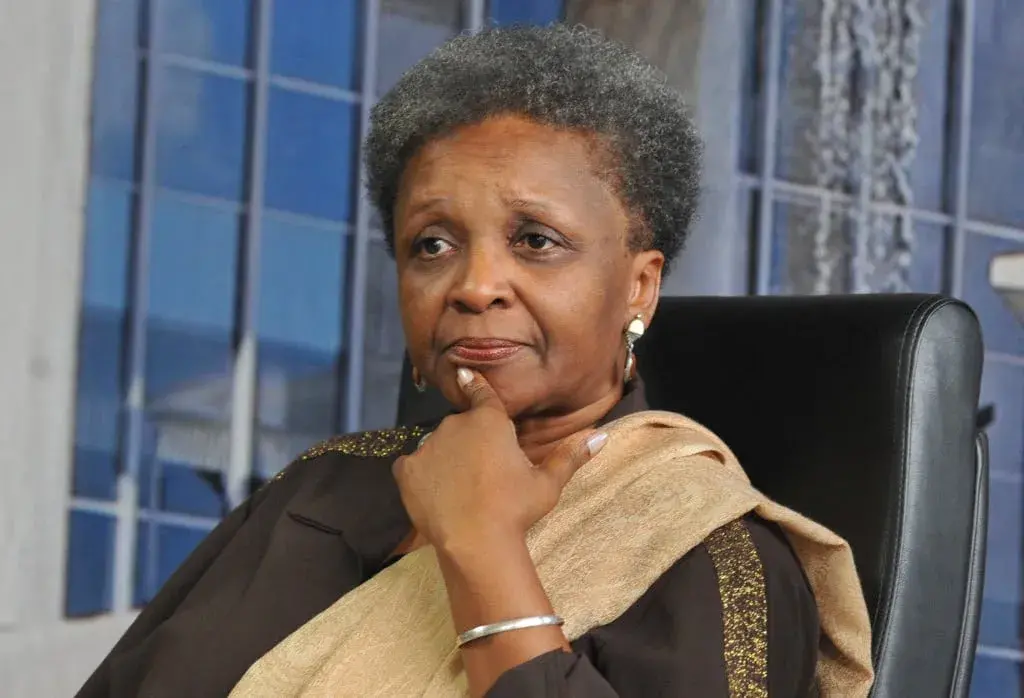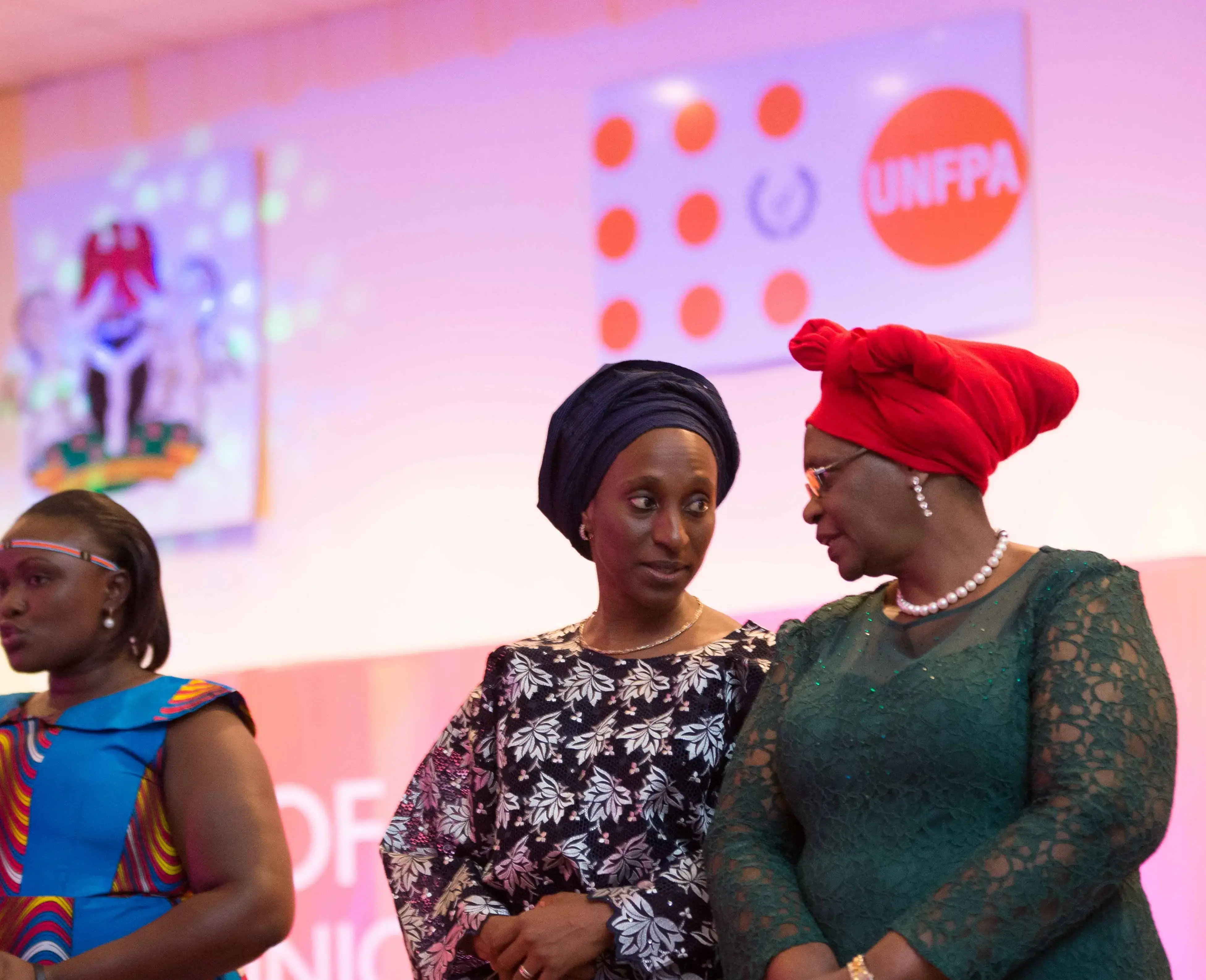
The Capacity for Disaster Reduction Initiative (CADRI) is a global partnership composed of 20 organizations including FAO, IOM, UNDP, UNICEF and UNFPA (executive partners), GNDR, IFRC, OCHA, UNESCO, UNOPS, WFP, WHO, WMO (technical partners) and GFDRR, OECD, ODI, RedR Australia, UNITAR, UNDRR, UN WOMEN (advisory partners).
The CADRI Partnership aims at contributing towards the achievement of the Sustainable Development Goals by providing countries with capacity development services to help them reduce climate and disaster risk. The CADRI Partnership provides countries with a mechanism to mobilize multi-disciplinary expertise in disaster risk reduction and climate change adaptation across a wide range of socio-economic sectors to strengthen risk information systems, prioritize risk reduction in national and local plans, and enhance preparedness systems.
Upon request from the government through the UN Resident Coordinator, CADRI Partners can deploy interagency teams to facilitate capacity diagnosis in climate and disaster risk reduction with a view to risk-inform development planning or humanitarian response. CADRI Partners build upon the in-country presence of its member organizations to support the implementation of these actions through technical assistance.
The delivery of the CADRI capacity development services to countries is made possible by the CADRI regional facilitation functions performed by CADRI Regional Host Agencies. In the West and Central Africa region, the CADRI Partnership is co-hosted by the Regional Offices of FAO and IOM. UNFPA, as an executive partner of CADRI, contributes by providing expertise at regional level to be deployed during missions and provide remote support.
The CADRI Partnership is particularly relevant in West and Central Africa where different types of risks are present, including conflict and climate change. Using the lens of disaster risk reduction and a multi-agency approach enables OCHA and all CADRI partner agencies to analyze the root causes and structural elements of risk to enable them to anticipate, respond to and recover from the impact of crises that call for a humanitarian response. OCHA’s expertise in emergency preparedness and early warning is crucial to the work of the CADRI Partnership. OCHA’s experience in humanitarian coordination is highly relevant particularly in contexts where the humanitarian and development nexus is considered. In support of preparedness for response, the CADRI Partnership can also mobilize expertise from UNDAC system which is managed by OCHA.
For more information on the CADRI Partnership please consult www.cadri.net or submit a query to: cadri.partnership@undp.org.
For more information on The CADRI Partnership work in the West and Central Africa Region please consult the following resources or submit a query to: cadri.partnership@undp.org
- The CADRI Partnership website
- Impact stories – A decade of capacity development services in disaster risk reduction
- Guinea brochure
- Cote d’Ivoire brochure
- CADRI annual report 2019
- CADRI flyer




